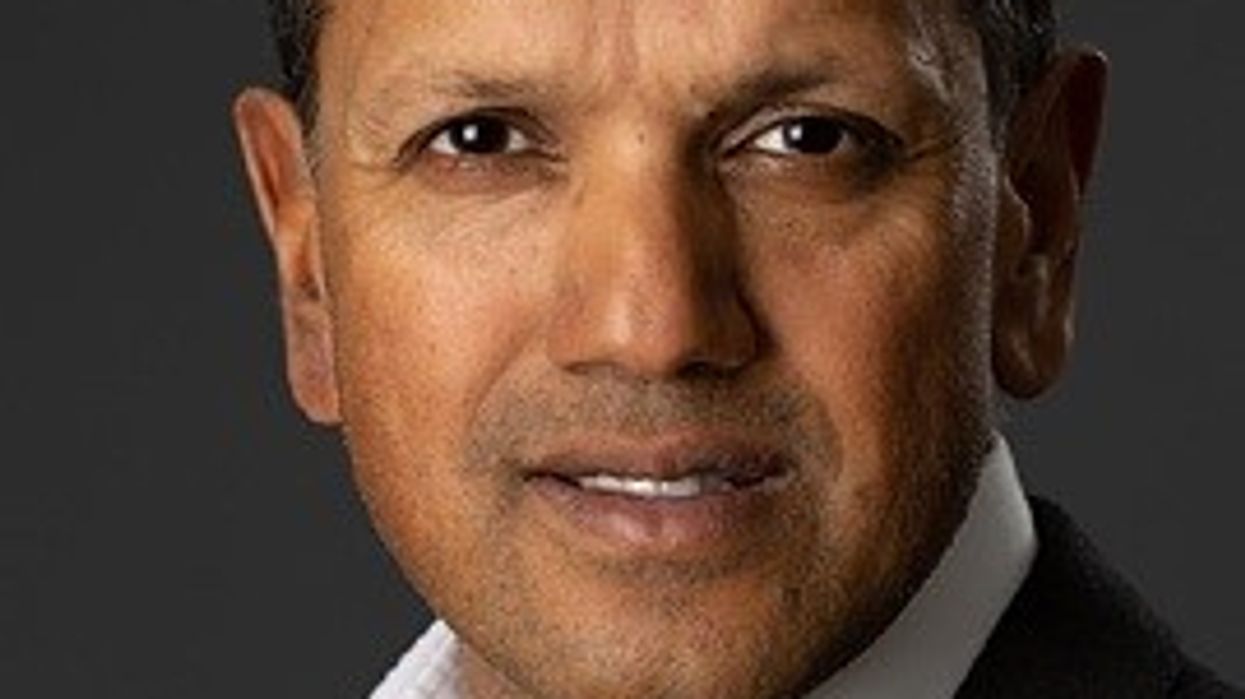By Manoj Badale
IN THE past week, we have all witnessed the utter desperation of the terrible situation in India and the extraordinary outpouring of support from people, organisations, and the diaspora across Britain.
Indian hospitals and healthcare providers are running out of resources in the fight against Covid-19, and the circumstances on the ground are heart-breaking.
The British Asian Trust (BAT) Oxygen for India emergency appeal, which has raised more than £2 million in less than a week, aims to provide immediate relief where it is most needed. After consulting with our delivery partners in India, and the Indian and British governments, the single most clear and present danger is the shortage of oxygen availability and supply to hospitals. There will be evolving needs, but right now the collective effort must be focused on saving lives.
The funds we are raising will help to procure and distribute oxygen concentrators to hospitals in need. They are alternate devices to oxygen cylinders – while cylinders contain a finite amount of supply, a concentrator continually recycles oxygen from the air and delivers it to the patient. They can also be used to treat outpatients, reducing the load on hospital beds.
India does not manufacture these machines and imports up to 40,000 units a year to meet typical demand. In a country where 70 per cent of the population live in rural areas, this need is even more acute.
The key issue that constrains support from our community is trust that it will reach its intended cause, and trust that it will make a difference. Since the Prince of Wales created the British Asian Trust 14 years ago, addressing this ‘barrier’ has been our focus. We have an expert team in each country across the region, who are our due diligence trusted partners, and who report back as to what has happened with our funds. This is why our financial support, led by the Prince of Wales, includes corporates such as British Telecom, Morgan Stanley and Blackrock; community groups like the British India Jewish Association and the British International Doctors Association; and bodies like the Manchester India Partnership and the West Midlands India Partnership, together with a number of faith groups and schools.
Over the past week, one of our trusted delivery partners, Swasth, has analysed demand from clinics and hospitals across India, identifying an immediate need to procure nearly five times this amount as the number of Covid-19 cases continue to soar.
Since we launched our appeal a week ago, at least two million people have been newly diagnosed with Covid-19. Recently, India has become the first country to register more than 400,000 new cases in a single day. More than 15,000 people have donated to our appeal and made an impact, with funds contributing to the procurement of over 2,500 oxygen concentrators.
Last weekend, Swasth received its first 3,500-strong shipment of these life-saving machines, with a further 20,000 arriving by the middle of the month. These machines will be distributed rapidly to healthcare providers across India based on the highest need (informed by real-time digitally gathered data). It is always the marginalised and the poorest, for whom the suffering is the greatest. This will be our focus.
Many of us are personally impacted by the situation in India. Others will be devastated by scenes on the news of patients dying outside hospitals, and in car parks, due to a lack of resources. The second wave of Covid-19 in India is sweeping through the population and will quickly become a regional problem. Sadly, many more people will suffer and die unless we can supply oxygen and other emergency support to them. There will then be much to do, to rebuild lives and communities.
As the pandemic reached its peak in Britain and across the world, Indian innovation helped to deliver vaccines that paved a path to recovery for millions of people. In her time of need, it is only right that the UK and other countries rally to provide India with the support needed to beat this crisis.
As many of us learned early on, this tragic disease does not see race, nationality, wealth or borders. If we cannot help to contain the virus in one part of the world, we are putting us all at risk. This is not India’s problem. This is a global problem.
The easiest thing to do is look away and do nothing. Please help. Collectively, we can make a difference.
If you want to support the British Asian Trust’s appeal, visit www.justgiving.com/ campaign/indiacovidappeal
Manoj Badale was born in Dhule in Maharashtra, India, but grew up in the UK. He is the co-founder of Blenheim Chalcot, the UK’s leading digital venture builder, and also the founding chairman of the Prince of Wales’ British Asian Trust.




